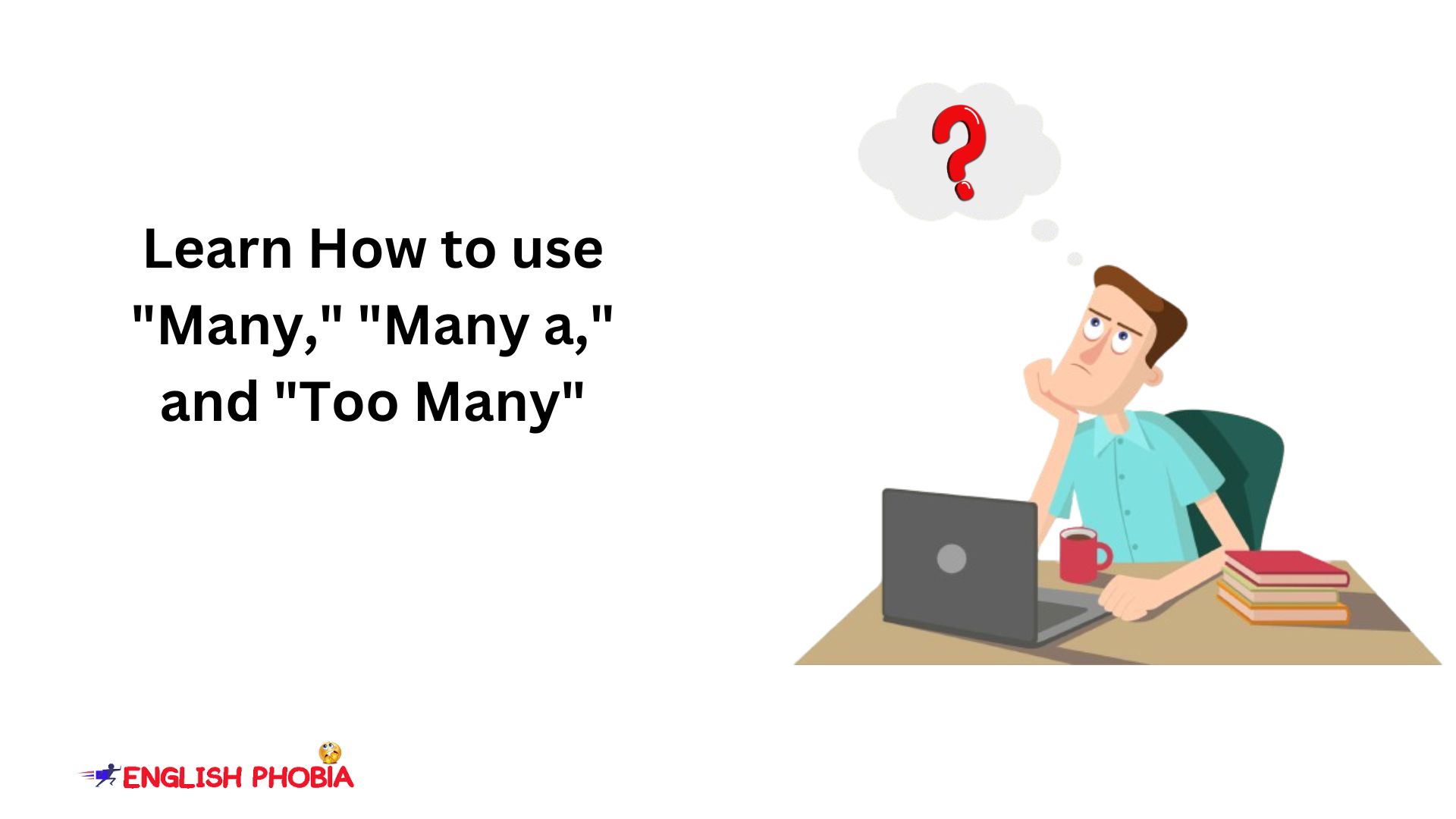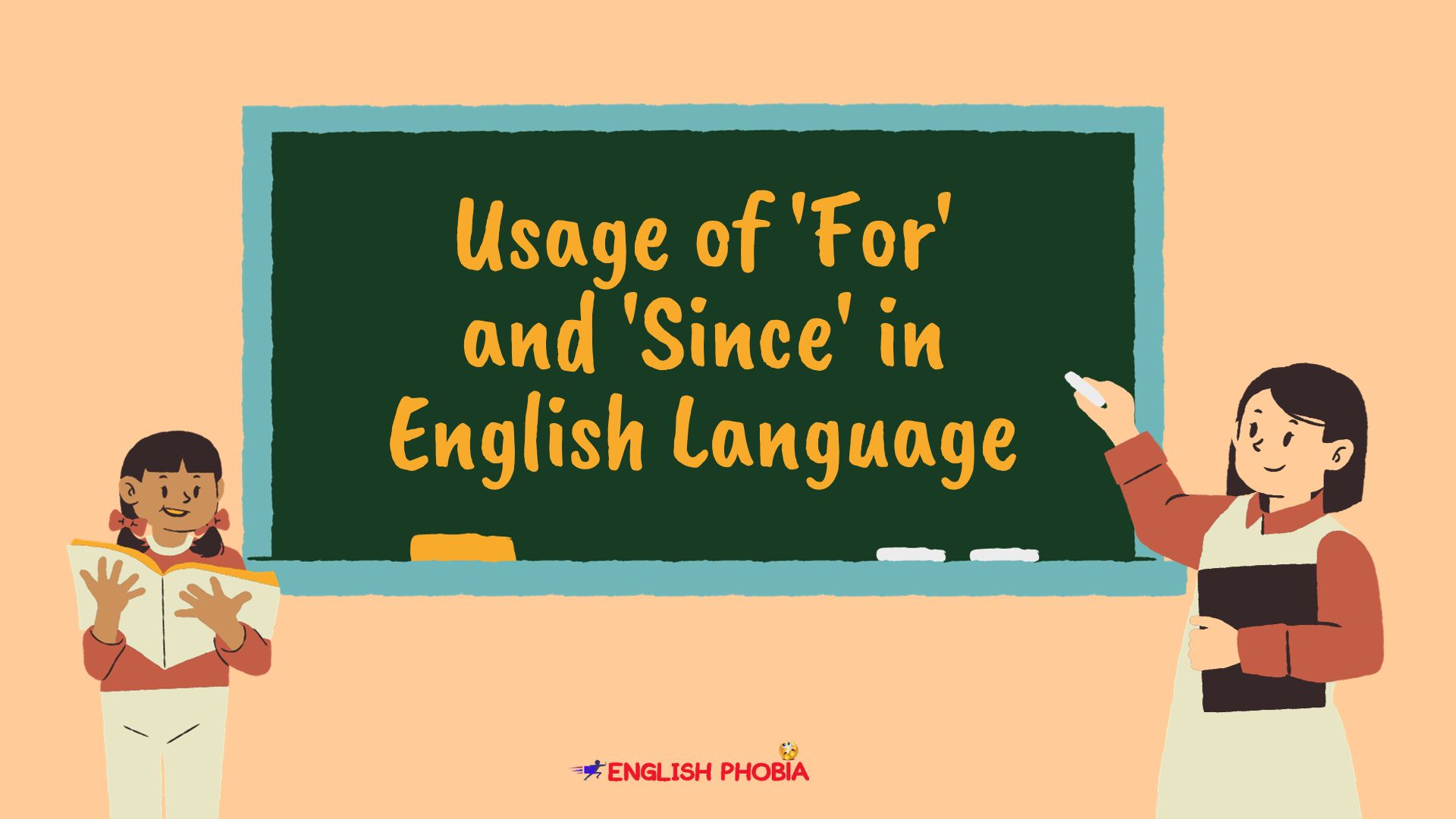Today we are going to learn one of the most important grammar concepts prepositions. Let’s understand it with prepositions definition and examples.
The word ‘preposition’ is derived from two Latin words ‘pre + position’ which means ‘placed before’.
What is the definition of a preposition?
A preposition is a word that we use before a noun or pronoun in order to show its relation with other words in the sentence.
In other words, a preposition is a word placed before and on or pronoun to show its relation to a person or thing with another.
Let’s look at the examples, the underline words are prepositions.
- Romeo is sitting on the chair.
- He is going to school with his best friend.
- We went to Ambala by bus.
- The students are talking to their teacher.
- He was studying with them.
The underlined words clearly show the relation between two nouns or pronouns. Let’s go to the types of prepositions.
Types of prepositions
- Simple prepositions
- Compound prepositions
- Phrase prepositions
In this article, we are just going to talk about simple prepositions. We can categorize the simple preposition into four different categories.
- Prepositions of time
- Prepositions of direction
- Prepositions of place or position
- Other types of prepositions
You will learn about the preposition of time. Read more: Past Indefinite Tense
What are the prepositions of time?
{At, For, After, Within, In, Till, By, During, From}
Although we know that there are multiple uses of each preposition in English yet we are going to learn how we can use the above-mentioned prepositions for time only.
AT
For fixed time
Whenever we have to mention the specific time of a particular action or activity, we always use the ‘At’ preposition for it.
- They go to school at 8 o’clock.
- He wakes up at 5:30 a.m.
- The movie started at 4:00 p.m.
- The class starts at 8:00 p.m.
- I always meet my best friend at 7:25 p.m.
Parts of Day
(At morning, at afternoon, at evening, at night, at dawn, at dusk, at daybreak, at sunrise, at sunset, at midnight)
- Romeo plays football at morning.
- The birds fly in the sky at sunrise.
- My father arrives home at evening.
- I take a nap at midnight.
- The students eat mid-day-meal at afternoon.
ON
Whenever we have to mention a day or date in a sentence, we always use the ‘On’ preposition for it.
(On Sunday, on Monday, on Tuesday, on Independence Day, on republic day, on Children’s day, on Valentine’s Day, on a birthday)
- Indian prime minister addresses the public on Independence Day.
- My father does not go to the office on Sunday.
- I will go to the wedding on Monday.
- The couples exchange gifts on Valentine’s Day.
- I have my week off on Thursday and Friday.
- She doesn’t invite anyone on her birthday.
For date
- They got married on 21st November 2021.
- We will receive our salary on 28th February.
- Pandit Jawaharlal Nehru’s birthday is celebrated on 14th November every year.
- I will go to New York on 15th May.
For
Whenever we have to mention that period of time, we always use the ‘For’ preposition.
- She will go to Canada for 3 years.
- I take a break for 45 minutes every day.
- We should forget about our problems for a while.
In the perfect or perfect continuous tense
- I have been teaching English for more than 5 years.
- He has been sleeping for a long time.
- My friend has worked here for more than 2 years.
- I had been studying at this school for 6 years.
- As per the contract, he will be working in this company for the next 2 years.
Since
When we have to specify the point of time, we always use the ‘Since’ preposition for it.
(It is used in perfect and perfect continuous tenses.)
Note:- we cannot use ‘Since’ as a preposition of time in the future tense at all. Read these preposition examples.
- They have been working in this company since 2021.
- He has not written the bicycle since childhood.
- My father hasn’t eaten anything since morning.
- They had studied here since May.
Indirect point of time
In this case, we do not generally specify the point of time we instead use a situation.
(The Present perfect tense + since+ the past indefinite)
- She has been helping her mother with household chores since she left school.
- He has been ill since his best friend passed away.
After and before
We use these prepositions in order to specify the point of time or period of time in tenses.
- Akshay Kumar does not eat anything after 7 o’clock.
- My friend went to his village a month before.
- He will return after a few days.
- We thanked our hosts before departure.
- I will sleep after 11 o’clock.
- She will get married before she is 25.
Read more: Present Indefinite Tense with Example
In -After
Within -Before
- He will complete this project in a month. (Means after a month)
- You will receive a satisfactory response within an hour. (In an hour)
- We will meet in May now.
- You have to complete this exam within 3 hours. (in 3 hours)
Note:- We use the ‘In’ preposition for describing months and years.
- Kamal got married in November 2021.
- The summer vacation falls in June every year.
- She joined the English Phobia Academy in 2022.
Till or until
These are the same prepositions used for the point of time. We do not use ‘Not’ with till or until. They themselves contain a negative expression. These examples show the use of prepositions for time without using ‘Not’.
- This Mall is open till 9:00 p.m.
- We cannot go until the next shift reports.
- We should wait till the rain stops.
- The teacher does not leave the class until the next students complete the homework.
By
When we have to predict the period of time in the future, we always use the ‘By’ preposition for it.
- He will surely return by 6 o’clock.
- We will finish this article by next Monday.
- I may reach New York by evening.
- Can you finish this book by next week?
During
We use this preposition for something that is going on.
- The teacher does not let us talk during class.
- We cannot leave our seats during shift hours.
- We wear woolen clothes during winter.
- During the probation period, our performance is examined meticulously.
From
This preposition is used for the point of time. It is generally used either in the past tense or in the future tense.
- He was intelligent from birth.
- He will have been pursuing his higher studies in Canada from 2025.
- He was learning rapidly from his arrival.
- From the beginning, I did not show his interest in his studies.
I hope you have learned how to use prepositions for time easily. In case there is something doubtful, please let us know.
Thanks for reading!







.jpg)



